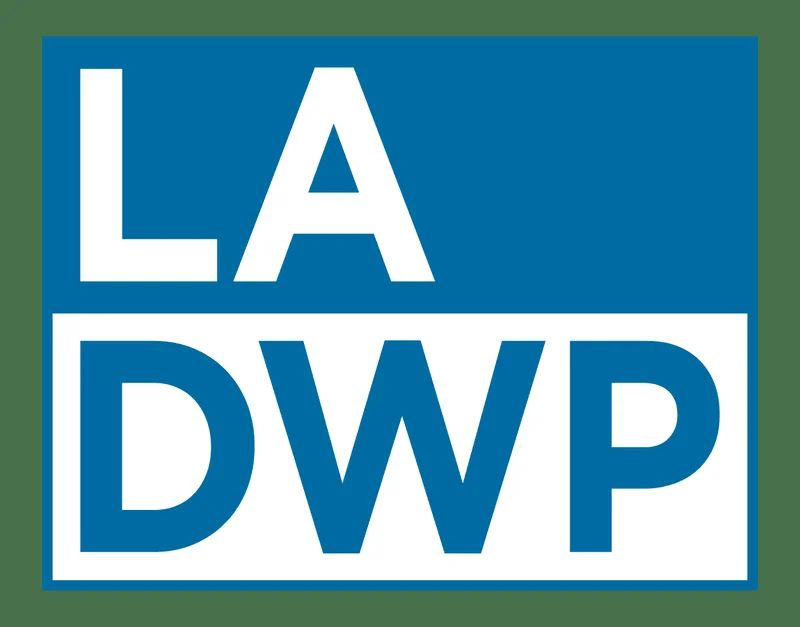So, the Los Angeles Department of Water and Power suddenly wants to be your best friend.
They’ve announced a new program to slap solar panels and a big, shiny battery onto your house or apartment building, all for the low, low price of zero dollars. Absolutely free. A gift from your benevolent municipal utility overlords.
If you believe that, I’ve got some prime real estate on the 405 to sell you during rush hour.
Let’s be real. LADWP doesn't do "free." They do rate hikes, rolling blackouts, and byzantine bills that look like they were designed by M.C. Escher. When an entity like that suddenly offers to hand you a $45,000 piece of hardware, my first question isn't "Where do I sign up?" It's "What's the catch?"
The "Solar Cliff" Is Just PR for "We Messed Up"
They’re spinning this as a win for low-income families. A way to save money on bills and keep the lights on during an outage. And sure, for the handful of people who actually manage to navigate the bureaucratic maze and get this thing, it will be.
But that’s not the real story. The real story is in the quote from their "director of distributed energy solutions," David Jacot. He talks about the "solar cliff."
You see, California went all-in on solar. We have so much of it that during the day, we often generate more power than we need. But then the sun goes down. All those panels become expensive roof decorations, and the grid demand spikes. That’s the "cliff."
My translation of Jacot’s statement? "We really need to start getting more storage online so that we can have that resource when the solar panels aren't generating."
Translation: "We over-indexed on generation and completely botched the storage part of the equation. Now we need you, the customer, to fix our planning problem for us by letting us stick a battery on your house."
This isn't a gift. It's outsourced infrastructure. They're using a $32 million state-funded pot of money to turn private homes into a distributed power plant to stabilize the grid they’re responsible for. It's brilliant, in a deeply cynical way.
And offcourse, it's a great PR move. "Look at us, helping the little guy!" while they’re really just plugging holes in a leaky boat.
A Solution to a Problem They Helped Create

Here’s the kicker. The fact sheet mentions that rooftop solar adoption has "declined substantially in the city in recent years."
Wait, what?
So, in a city famous for its sunshine, people are less interested in getting solar? Why would that be? Details on that are conveniently scarce, but I've got a guess. It’s because dealing with utilities and city permits is a soul-crushing nightmare. I once tried to get a simple permit to replace a window and it took three months and a dozen phone calls where I was pretty sure the person on the other end was just a recording of someone sighing.
So now, after years of making it a pain to go solar, they're shocked—shocked!—that people have stopped. This program isn't a proactive measure. It's a panic move.
This is a bad plan. No, 'bad' doesn't cover it—this is a desperate, reactive scramble dressed up as charity. They see the cliff coming and they're handing out parachutes, but only to a few people, and only if they fill out the right paperwork.
And about that paperwork. You, the homeowner or apartment manager, don’t even apply directly. You have to find an "approved solar developer" from their special list to do it for you. Does that sound simple to you? It sounds to me like a system designed to funnel $32 million to a handful of well-connected contractors who know how to work the system. How many regular people are going to have the time or energy to vet these companies and see this through?
I mean, a family of four making $121,150 qualifies. That’s a decent income, but it ain't rich in this city. These are people with jobs and kids and lives to live. They don't have time to become experts in utility rebate applications, and honestly...
Then again, maybe I'm just too jaded. Maybe this is a genuinely good thing, a rare crack of light in the bleak municipal landscape. For the family that gets their electricity bill slashed and can keep the fridge running when the power goes out, this is a huge win. I can’t deny that.
But it feels like a lottery, not a policy. A shiny distraction from the bigger, systemic problems that led us to this "solar cliff" in the first place.
The money is going to run out. Fast. And when it does, the fundamental problems with the grid will still be there. LADWP will have a few hundred new home batteries to play with, and a bunch of press releases about their generosity. Everyone else will be right where they were before.
They're spending $32 million to kick the can down the road. It’s a temporary fix that makes them look good, but it doesn't address the core issue of why our grid is so fragile to begin with.
Don't call it a gift. Call it what it is: a down payment on a problem they can't afford to solve themselves.
---
So go ahead, apply. Try to win the LADWP lottery. Someone has to. But don't for a second think this is about you. It's about them. It has always been about them.
Reference article source: